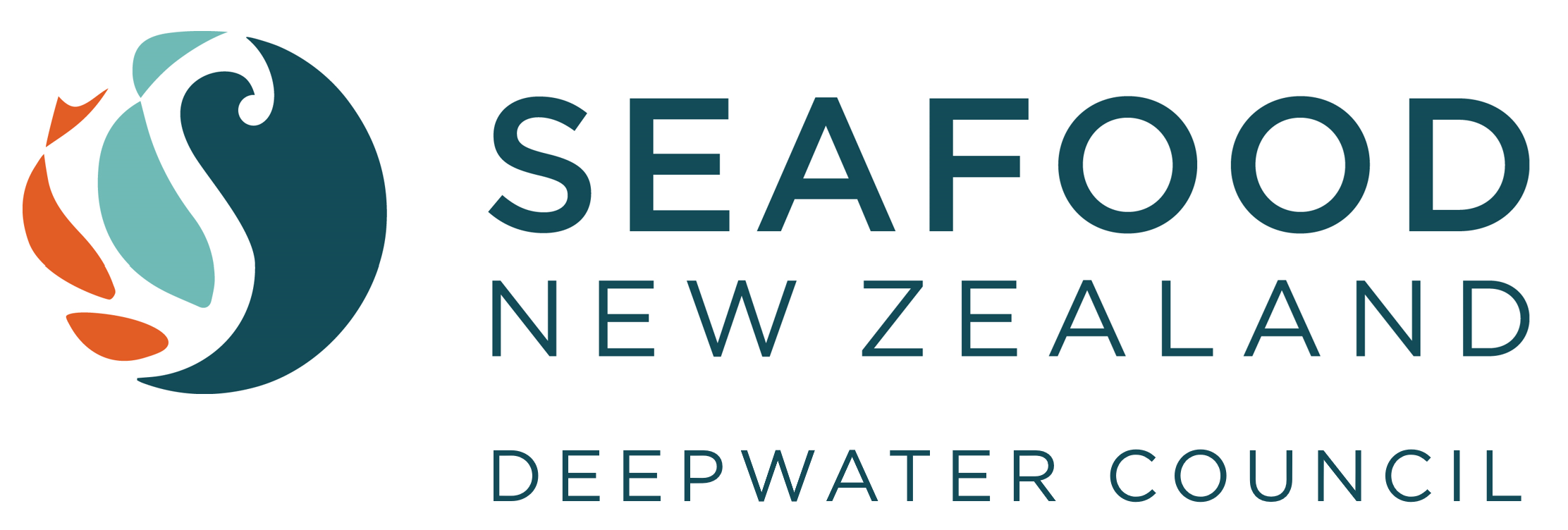Southern Blue Whiting Trawl Fishery Re-assessment 2017
The SBW6B, SBW6I and SBW6R trawl fisheries have been MSC certified since 2012 and were re-assessed in 2017.
DWG undertakes to make all non-confidential information that is provided to the Conformance Assessment Body publicly available on this webpage to ensure all documents are easily accessible by all participants.
Here you can find a summary of the key information from these references.
Principle 1
"A fishery must be conducted in a manner that does not lead to over-fishing or depletion of the exploited populations and, for those populations that are depleted, the fishery must be conducted in a manner that demonstrably leads to their recovery."
The intent of this principle is to ensure that the productive capacities of the resources are maintained at high levels and are not sacrificed in favour of short term interests.
Principle 2
"Fishing operations should allow for the maintenance of the structure, productivity, function and diversity of the ecosystem (including habitat and associated dependent and ecologically related species) on which the fishery depends."
The intent of this principle is to encourage management of fisheries from an ecosystem perspective under a system designed to restrain the impacts of the fishery on the ecosystem.
DOC (2009). Mitigating incidental captures of fur seals in trawl fisheries. Project MIT2006/09.
DOC (2016a). Conservation Services Programme Annual Plan 2016/17. DOC: Wellington
DOC (2016b). New Zealand fur seal population estimation.
DOC (2017). Conservation Services Programme Annual Research Summary 2015/16. DOC: Wellington
DOC (2017a). Sea Lion Threat Management Plan.
DWG (2014a). Marine Mammals: Operational Procedures. 22 p.
DWG (2014b). Sharks: Operational Procedures. 19 p.
DWG (2016). SBW Fishery Agreed Protocols for Protected Species Risk Management 2016-17
DWG (2016a). Memo to SBW6I Vessels: Sea Lion Risk Management 2016-17
MPI (2015). Southern Blue Whiting sustainability measures 2015-16: Minister’s decision.
MPI (2016). Aquatic Environment and Biodiversity Annual Review (AEBAR 2016). MPI:Wellington
Principle 3
"The fishery is subject to an effective management system that respects local, national and international laws and standards and incorporates institutional and operational frameworks that require use of the resource to be responsible and sustainable."
The intent of this principle is to ensure that there is an institutional and operational framework for implementing Principles 1 and 2, appropriate to the size and scale of the fishery.
Additional documents from site visit July 2017
Anderson (2017) Deepwater fish bycatch
Bagley et al (2014) Sub-Antarctic Trawl survey 2012
Dunn & Hanchet (2017) Southern blue whiting stock assessment for Campbell Island Rise (SBW 6I)
MPI (2014) Review of Sustainability Controls for SBW6I
MPI (2014a) Review of SBW6I Stakeholder Letter
MPI (2016) Update to Operators on Compliance Risks
MPI (2017) Review of Sustainability Controls for SBW6B - Consultation Doc
MPI (2017a) Review of Sustainability Controls for SBW6B - Discussion Doc
MPI (2017b) Review of Sustainability Controls for SBW6B - Submissions
MPI (2017c) Review of Sustainability Controls for SBW6B - Decision
MPI (2017e) Membership and Protocols for all Science Working Groups 2017
MPI (2017f) Terms of Reference for Fisheries Assessment Working Groups 2017
O'Driscoll et al (2014) WCSI Trawl survey 2012
O'Driscoll et al (2014a) WCSI Survey Review
O'Driscoll et al (2016) SBW6B Acoustic Survey
Roberts & Doonan (2016) Quantitative risk assessment of threats to NZ sea lion
Roberts & Dunn (2017) Natural Mortality Alternative Models for SBW6I
Surveillance Report
Acoura Marine's Final Report dated August 2018 is available here.
